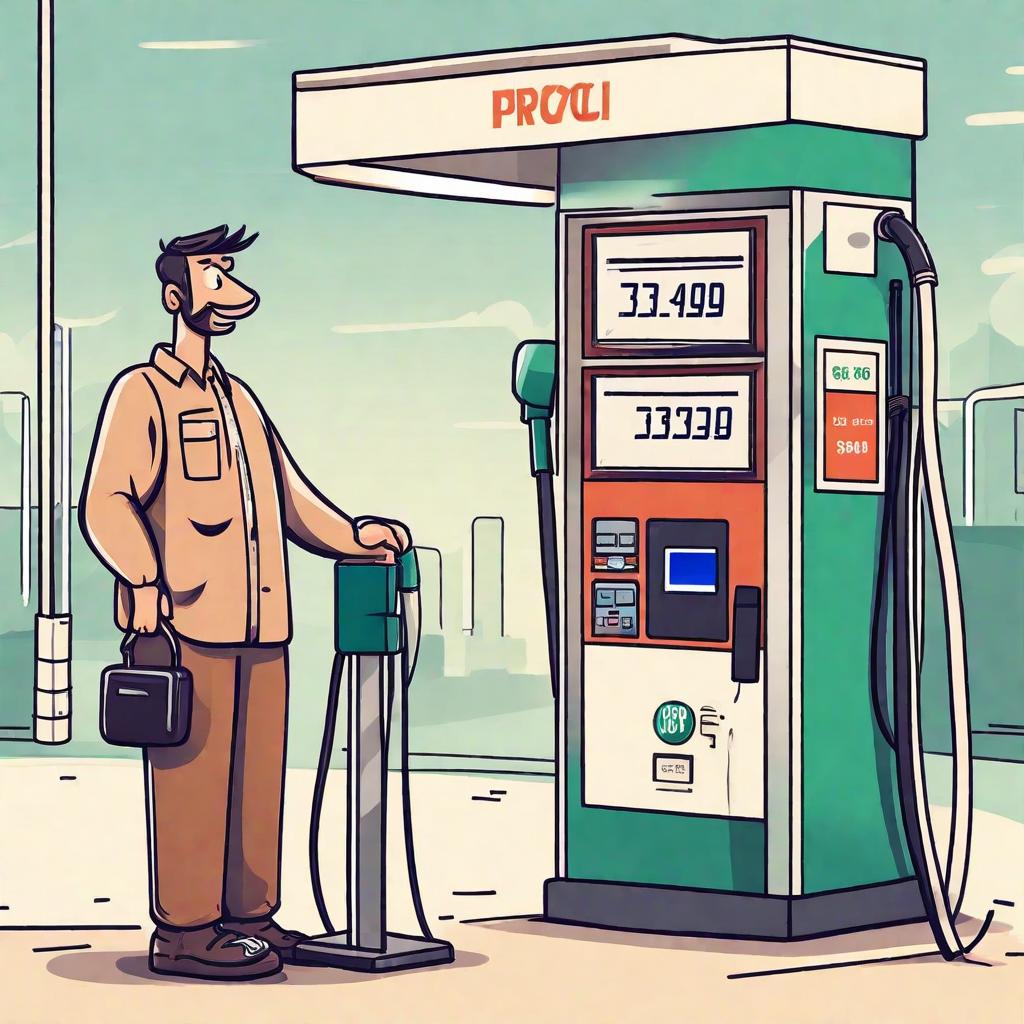Introduction
Fuel prices are a topic of widespread interest and discussion in India, given their direct impact on the economy and the daily lives of its citizens. The pricing of fuel in India is a complex process influenced by various factors, both domestic and international. This article aims to demystify the calculation of fuel prices in India, exploring the components that contribute to the final retail price of fuel.

video credit;JOSH YouTube channel
The Basic Components of Fuel Pricing
Fuel pricing in India involves several key components, which together determine the retail price that consumers pay at the pump. These components can be broadly categorized into the cost of crude oil, refining costs, taxes, and dealer commission.
- Cost of Crude Oil: The foundation of fuel pricing is the cost of crude oil, which India imports in large quantities. This price is influenced by global oil markets and geopolitical factors.
- Refining Costs: Once imported, crude oil is processed by refineries to produce petrol, diesel, and other petroleum products. Refining costs include the expenses related to processing and transforming crude oil into usable fuel.
- Taxes: A significant portion of the fuel price in India comprises taxes imposed by both the central and state governments. These taxes include the Central Excise Duty, VAT (Value Added Tax), and additional cesses.
- Dealer Commission: The final component is the dealer commission, which is the margin earned by fuel station owners for selling petrol and diesel.
The Dynamic Fuel Pricing Mechanism
India follows a dynamic fuel pricing mechanism, which means that the retail prices of petrol and diesel are revised daily. This system, implemented in June 2017, allows fuel prices to reflect changes in the international oil market and the exchange rate of the Indian Rupee against the US Dollar more accurately and promptly.
- International Crude Oil Prices: The most volatile component influencing fuel prices is the international price of crude oil. These prices fluctuate based on supply and demand dynamics, geopolitical tensions, and other global events.
- Exchange Rate: The cost of importing crude oil is also affected by the exchange rate of the Indian Rupee against the US Dollar. A weaker Rupee increases the cost of purchasing crude oil, thereby elevating fuel prices, and vice versa.
Taxes: The Major Contributor to Fuel Prices
Taxes are the most significant factor contributing to the high cost of fuel in India. The Central Government levies an Excise Duty on petrol and diesel, which is a fixed amount per litre and does not vary with changes in crude oil prices. Additionally, state governments impose VAT, which can vary from state to state, leading to differences in fuel prices across the country.
Conclusion
Understanding the calculation of fuel prices in India reveals the complexity behind a process that directly affects every citizen. While the international price of crude oil and the exchange rate are beyond the control of the Indian government, taxes play a pivotal role in determining the final retail price. As global oil prices continue to fluctuate and environmental concerns push for the adoption of alternative fuels, the dynamics of fuel pricing in India are likely to evolve further.


